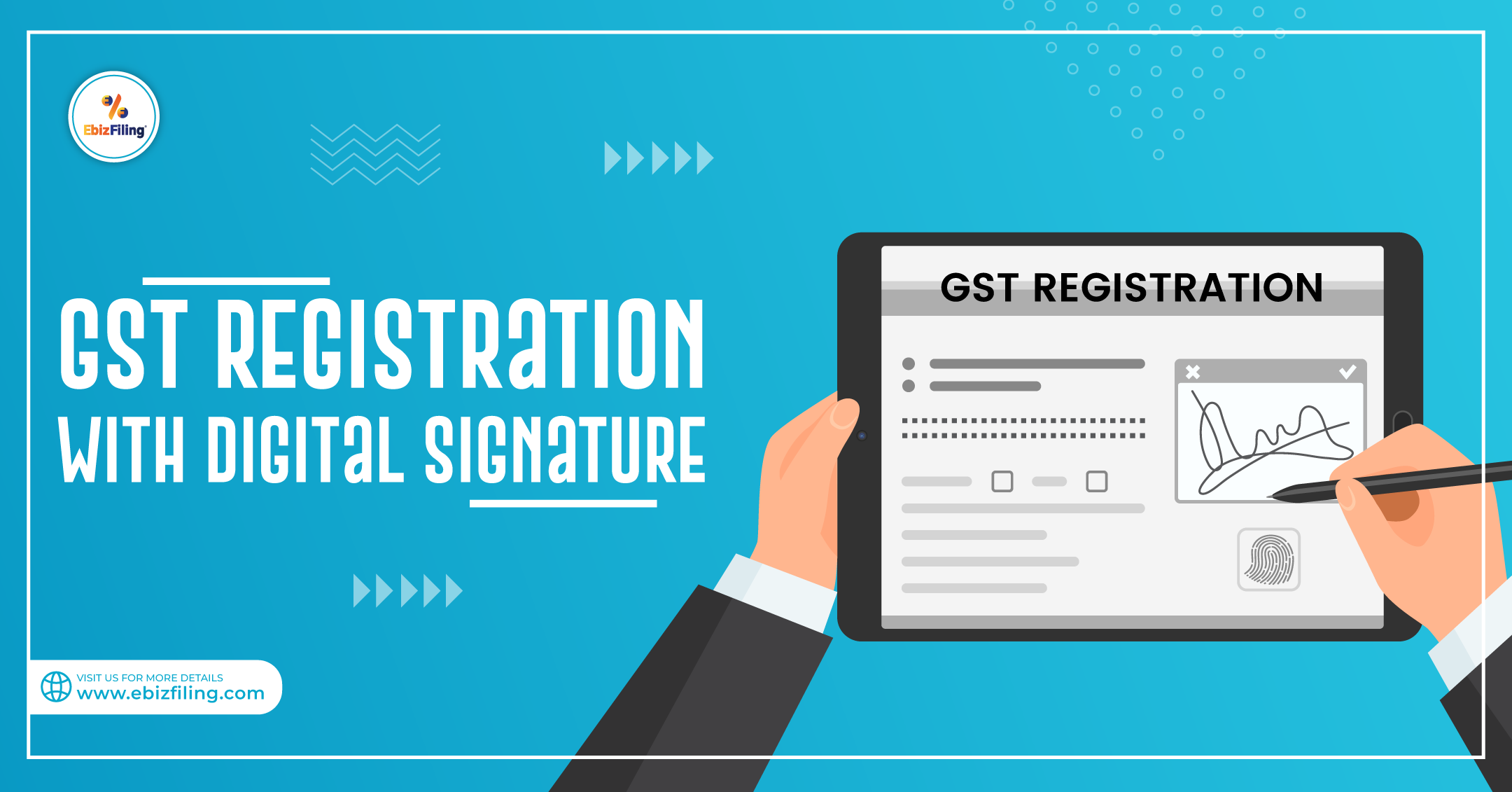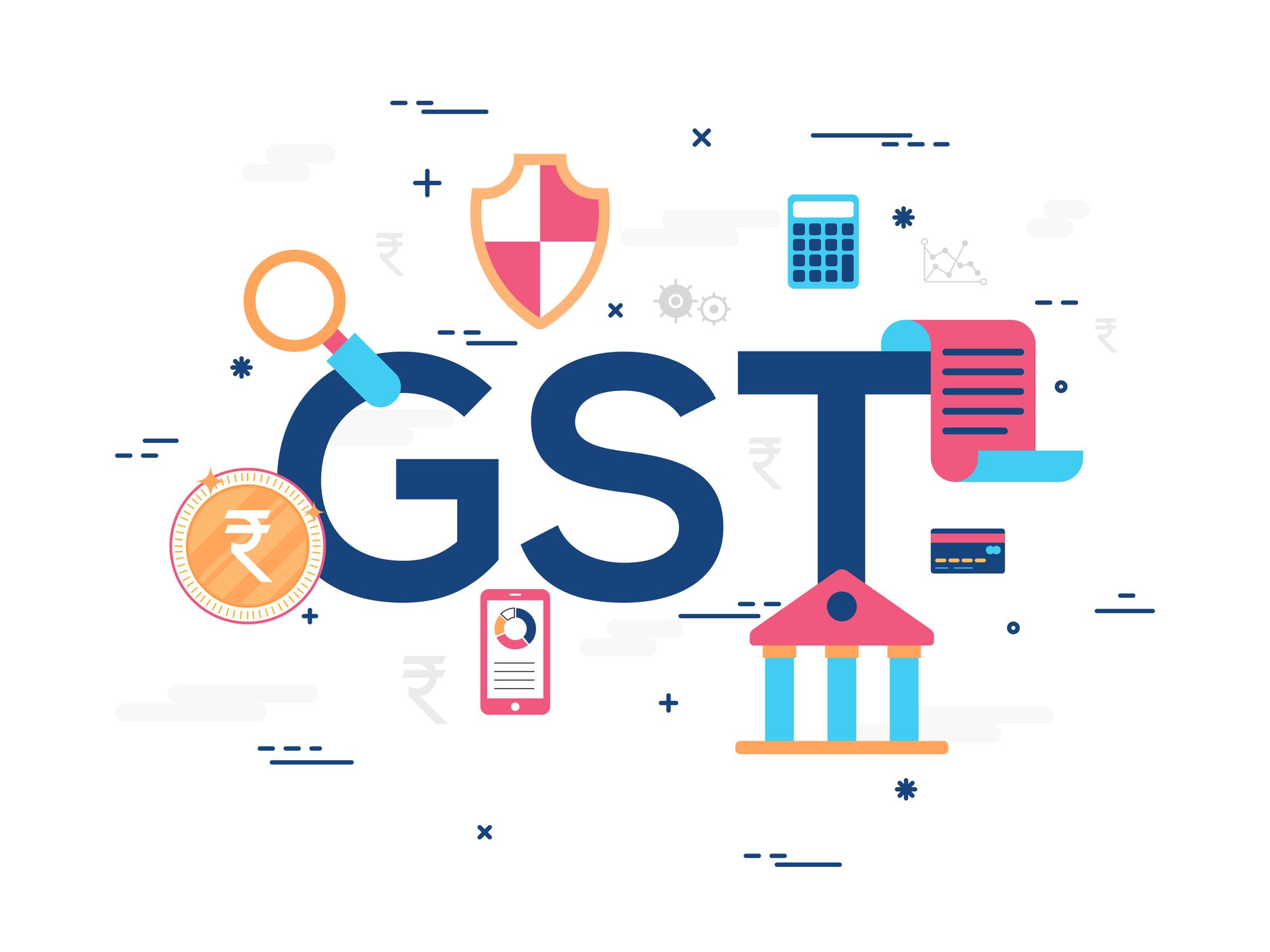Comprehensive Guide to the very best GST Registration Services in Singapore
Comprehensive Guide to the very best GST Registration Services in Singapore
Blog Article
From Beginning to End Up: The Ultimate Roadmap to GST Registration for Businesses Seeking Financial Stability
Navigating the complexities of Goods and Solutions Tax (GST) registration is an essential step for organizations striving for financial stability. Breaking down the roadmap into convenient steps can simplify the registration trip for companies looking to improve their monetary standing.
Comprehending GST Fundamentals
Exploring the basic principles of Goods and Services Tax Obligation (GST) is important for acquiring an extensive understanding of its implications on businesses and the economic situation. GST is a value-added tax obligation imposed on a lot of products and solutions for residential consumption. It has replaced numerous indirect tax obligations that existed in the pre-GST era, enhancing the tax obligation structure and improving convenience of doing company in India. Under the GST system, both goods and services are tired at a particular price, which is established based on their category. If their annual turn over goes beyond the threshold limit set by the government, organizations are needed to register for GST. Input Tax Obligation Credit Report (ITC) is a substantial function of GST, allowing services to claim credit for tax obligations paid on inputs, reducing the general tax obligation concern. Understanding the fundamentals of GST is important for services to abide by tax laws, manage their finances successfully, and add to the country's financial development by joining a clear tax system.
Eligibility Criteria for Registration
To sign up for GST, organizations should satisfy particular qualification criteria developed by the federal government. The key eligibility demand is that any type of service associated with the supply of products or services with a yearly aggregate turn over above the threshold restriction established by the authorities must sign up for GST. Since the present policies, the threshold limit for GST registration is a yearly accumulation turnover of 40 lakhs for services operating within a state, with the exception of unique category states where the restriction is 20 lakhs. Additionally, particular businesses are needed to sign up for GST regardless of their turnover, such as interstate vendors, laid-back taxable individuals, and services reliant pay tax obligation under the reverse charge device. It is critical for services to thoroughly assess their turn over and deal types to establish their GST enrollment commitments precisely. Failure to sign up for GST when eligible can bring about fines and lawful consequences, making it vital for companies to stick to the defined eligibility criteria.
Documents Needed for Enrollment
Having met the qualification standards for GST enrollment, companies have to now ensure they have the requisite papers in position to proceed with the registration process effectively. The records required for GST registration commonly consist of proof of company constitution, such as collaboration act, registration certificate, my website or unification certification for various types of businesses. Additionally, companies need to supply papers developing the major place of business, such as a rental agreement or electrical energy costs. PAN card of business, along with the identification and address proof of promoters/partners/directors, are necessary for confirmation purposes. Checking account declarations, along with canceled cheques or a copy of the bank passbook, are needed to verify the financial details offered during registration. Additionally, companies should have digital trademarks prepared for the authorized signatory. Making sure all these papers are organized and readily available will certainly accelerate the GST registration process, allowing companies to follow tax obligation policies flawlessly.
Step-by-Step Enrollment Process
Starting the GST registration procedure involves a series of organized actions to guarantee a compliant and seamless enrollment for services. The initial step is to go to the GST site and fill in the enrollment type with precise information of the business entity. Following this, the applicant gets a Momentary Recommendation Number (TRN) which is utilized to return to the application procedure if it's not completed in one go.
Next, all required papers according to the list given by the GST portal need to be submitted. you can find out more These papers usually consist of evidence of business identification, enrollment and address proofs of promoters, financial statements, and company entity's PAN card.

Post-Registration Conformity Guidelines

Final Thought
To conclude, businesses looking for monetary security should recognize the essentials of GST, fulfill eligibility standards, collect necessary files, follow the step-by-step enrollment process, and follow post-registration standards - Best GST registration services in Singapore. By sticking to these steps, companies can guarantee conformity with tax obligation laws and preserve financial stability in the future
In addition, particular businesses are needed to register for GST irrespective of their turn over, such as interstate vendors, laid-back taxable individuals, and companies accountable to pay tax under the reverse charge device.Having met the eligibility criteria for GST enrollment, businesses have to currently guarantee they have the requisite files in area to proceed with the enrollment process successfully. The files needed for GST registration usually consist of proof of service constitution, such as collaboration Get the facts action, enrollment certification, or consolidation certification for different types of organizations. Additionally, services require to offer papers developing the major location of service, such as a rental agreement or electrical energy costs.Starting the GST registration process includes a collection of structured steps to make certain a compliant and smooth enrollment for services.
Report this page